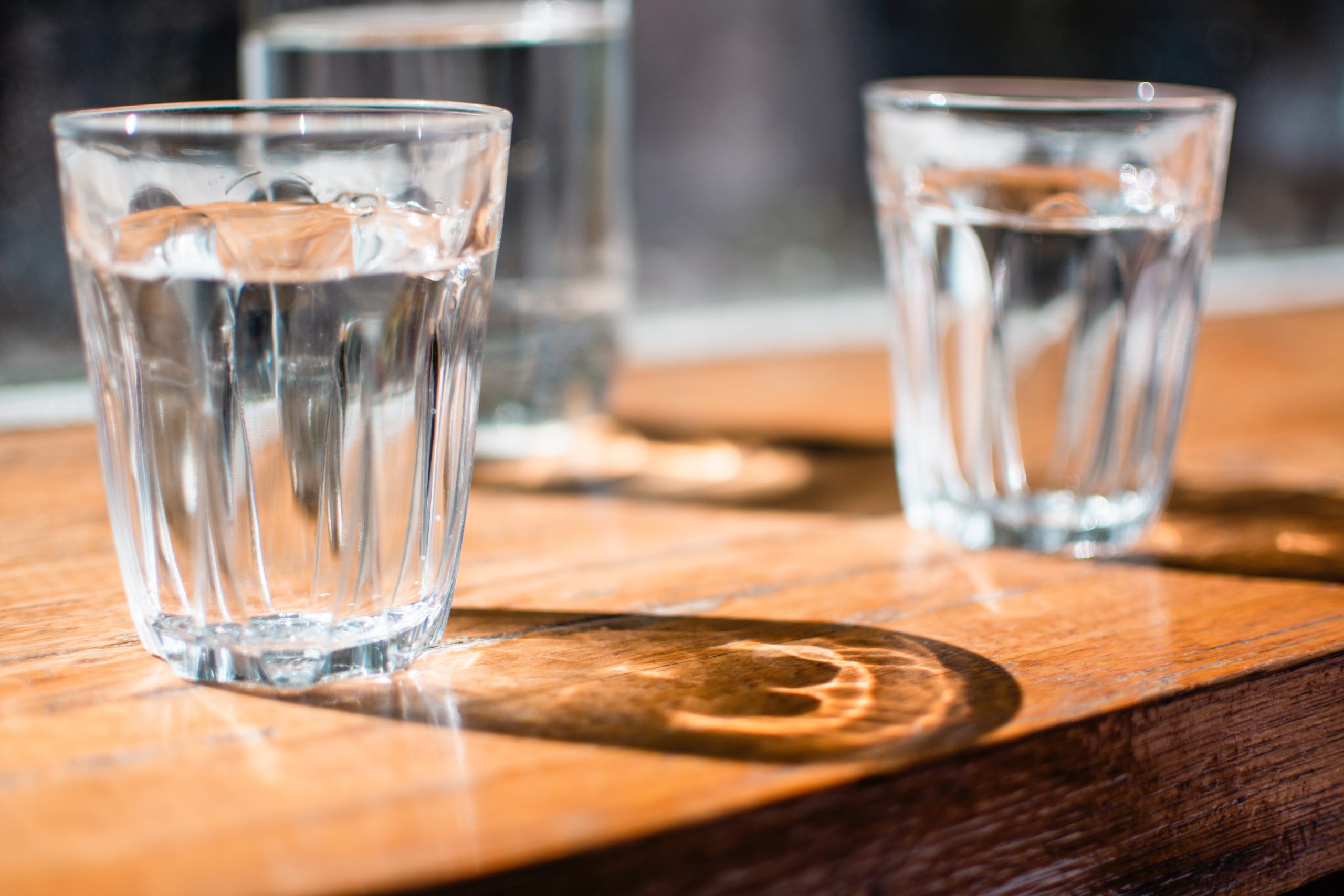Most people subscribe to the notion that a person should drink eight glasses of water every day. In recent years, there has been much debate about the actual amount a person should drink. While eight glasses of water a day has been a good rule of thumb to live by, is it actually the right amount?
What does water do for the body?
Water makes up 60% of the human body and is so essential to its processes that a human will die within 2 – 4 days without it. The Journal of Biological Chemistry by H.H. Mitchell breaks this down further, pinning water at 73% of the brain and heart. A few of the functions that water has in the human body include:
- Waste disposal through perspiration, urination, and defecation
- Temperature management
- Joint lubrication and cushioning
- Protection of tissues
- Managing brain function
Even within the same day of a lowered intake of water, the body may begin to suffer the effects of dehydration. A person may begin to feel tired or even experience aches and pains throughout their body.
How much water should you actually consume?
A 2004 study from the National Academies of Sciences, Engineering, and Medicine discovered that the daily intake of water in a temperate climate should be 3.7 liters (15.5 cups) for men, and 2.7 liters (11.5 cups) for women. The same study stated that 20% of your water intake should also come from food and the rest from drinks.
The effects of drinking the right amount of water include a rise in energy, elevated mood, and improved cognitive functions. A few of the directly observable markers of good hydration include:
- Little to no feelings of thirst;
- Light yellow or colorless urine;
- The skin is elastic when pinched and pulled.
Certain factors can change your water demands.
These figures do not account for the differences in lifestyle and climate, and should be adjusted accordingly. Some of the factors that may cause you to raise or lower your fluid intake include:
- Exercise and physical activity. If you exercise regularly or work in a profession that is physically demanding, then it’s important to increase your water intake—particularly before and after a workout, or during breaks at work. Any physical activity lasting more than an hour will require the replacements of electrolytes lost through sweat, which can easily be provided by most sports drinks.
- Climate. Hotter climates, such as the desert or humid regions, can increase the rate of sweat a person generates. In such climates, dehydration can set in far more quickly than in cooler climates.
- Physical health. There are a number of conditions that can cause dehydration, such as diarrhea and nausea. Diabetes has also been noted to increase thirst levels and cause excessive urination. A good rule for anyone who is sick is to drink lots of fluids, but in severe cases, a doctor should be consulted for the specific amount to intake.
- Pregnancy and breastfeeding. Women who are eating and drinking for two definitely need more water than they would on a regular basis. After all, they must account not just for their own nutritional needs, but also for their baby’s.
You can diversify your intake with water-rich foods and other beverages.
You don’t have to rely entirely on distilled water for your fluid intake. You can supplement your diet with water-rich foods, such as watermelon and spinach (both at 92% water).
Herbal tea, milk, and juice are also sufficient alternatives to pure water when considering your fluid intake. On the other hand, some drinks that you should avoid are coffee—which can cause frequent urination—and soda, because of its high sugar content.
Sports drinks, while formulated to be delicious, should be taken only during instances of intense exercise or sweat. Energy drinks should be avoided entirely if possible, as these normally contain large amounts of caffeine, sugar, and other stimulants and additives that have nothing to do with hydration.
Conclusion
Previous theories on how much water the human body actually needs have proven far too conservative—accounting for just above half of what a lot of people actually need. It might be important to adjust your diet and lifestyle to accommodate the actual level of water and nutrients you need.
If you are interested in how else you could improve your lifestyle, health, and diet, we at Dose of Healthcare have the resources you need. Connect with us to find the latest news and tips for keeping up with your personal health.


















